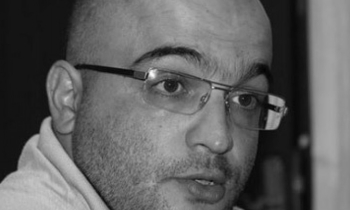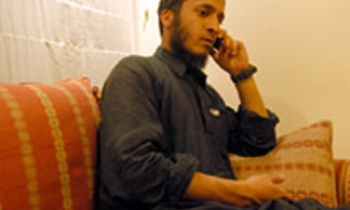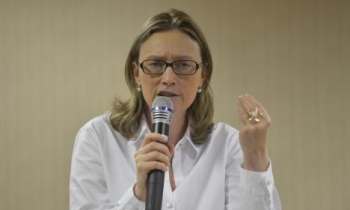Two years after a court imposed a news blackout on a terrorism case that includes charges of a plot to storm Canada's parliament, several media organisations have asked an appeals court to lift ban.
Lawyers for the Associated Press (AP), the Canadian Broadcasting Corporation, CTV television, and the Toronto Star appealed the blackout before Ontario's Court of Appeal earlier this week.
They argued that the media are surrogates for the public in the courtroom and have an obligation to report on the allegations facing the 17 suspects. Paul Schabas, one of the lawyers representing the media, told the panel of five judges that the public should be told why the suspects were released, according to AP.
“Law enforcement officials, in announcing the arrests, stated that the accused posed 'real and serious threat,' were planning a 'terrorist attack, and that the accused were 'adherents of a violent ideology inspired by al-Qaeda,'" Schabas said in a court document. “Despite this, five of the accused have now been ordered released. The police are not saying anything. The public has a right to know why this has occurred.”
'These four news media are simply asserting the right to inform and be informed,” Reporters sans Frontières (RSF) said. “It is hard to understand why a court wants to prevent the public from knowing the — possibly legitimate — reasons why some of the suspects in this case were freed on bail. We hope the court of appeal rules in favour of the news media.”
Authorities, according to AP, announced the arrest of 17 suspects in June 2006 after they allegedly tried to obtain three tonnes of ammonium nitrate. They accused the suspects of plotting terror attacks in southern Ontario and said they were inspired by Al-Qaeda.
One defence lawyer, AP reported, has said that his client and some of the other suspects were charged with plotting to attack Canada's parliament, take hostages and possibly behead the prime minister if their demands for the release of Muslim prisoners were not met. His comments caused widespread concern and heightened terrorism fears in Canada.
Since then, five of the suspects have been released on bail pending trial. The press is not allowed to report why.
A judge in 2006 imposed the restriction on news coverage of the ongoing bail hearings of the 17 suspects. Journalists may observe the hearings, but may not report on them. Canada's criminal code allows judges to bar the publication of details of bail hearings if the accused requests a ban.
Most lawyers for the suspects want the ban to remain. Some said news coverage could bias potential jurors. Others said challenging a publication ban would be an unfair burden for suspects while they are trying to win their release.









